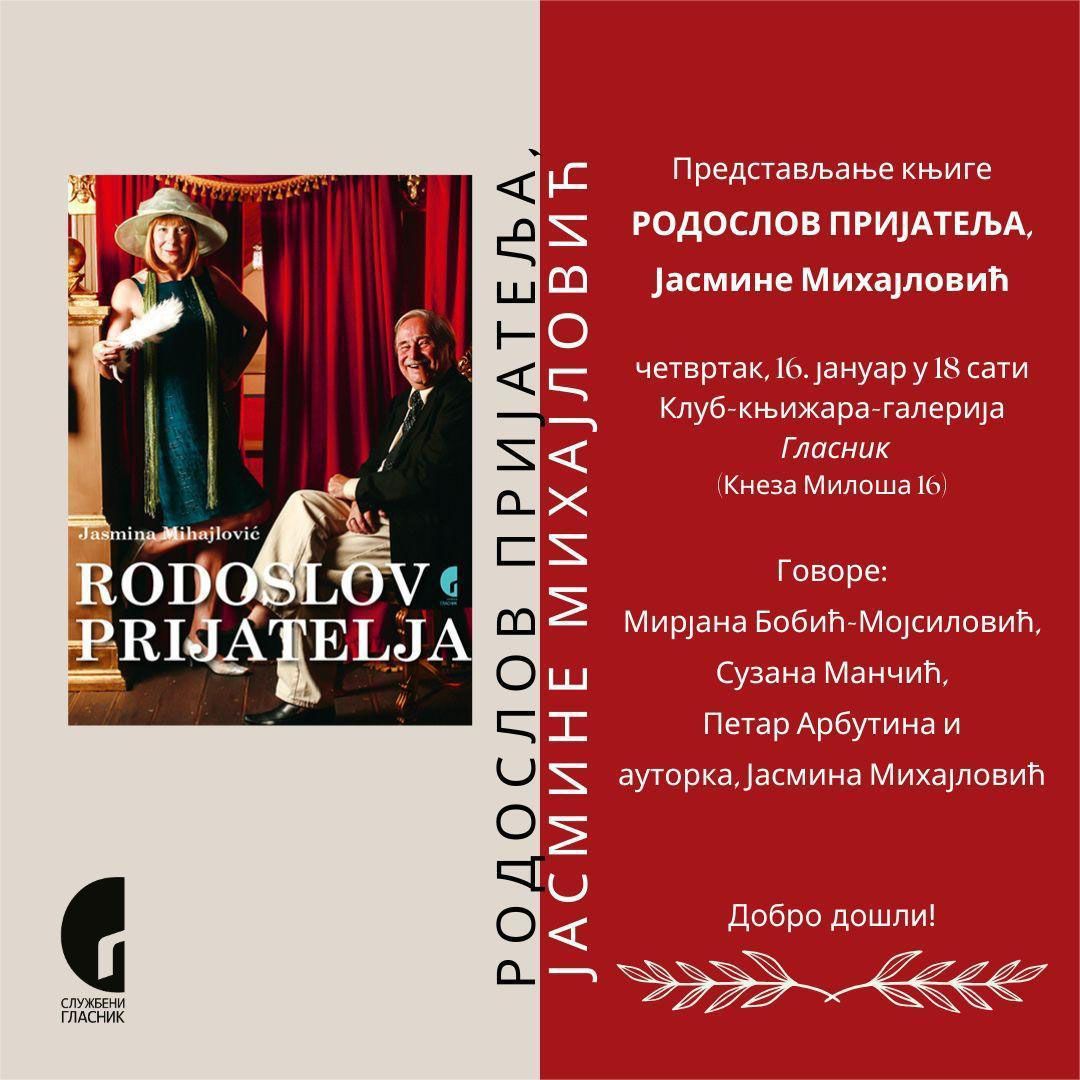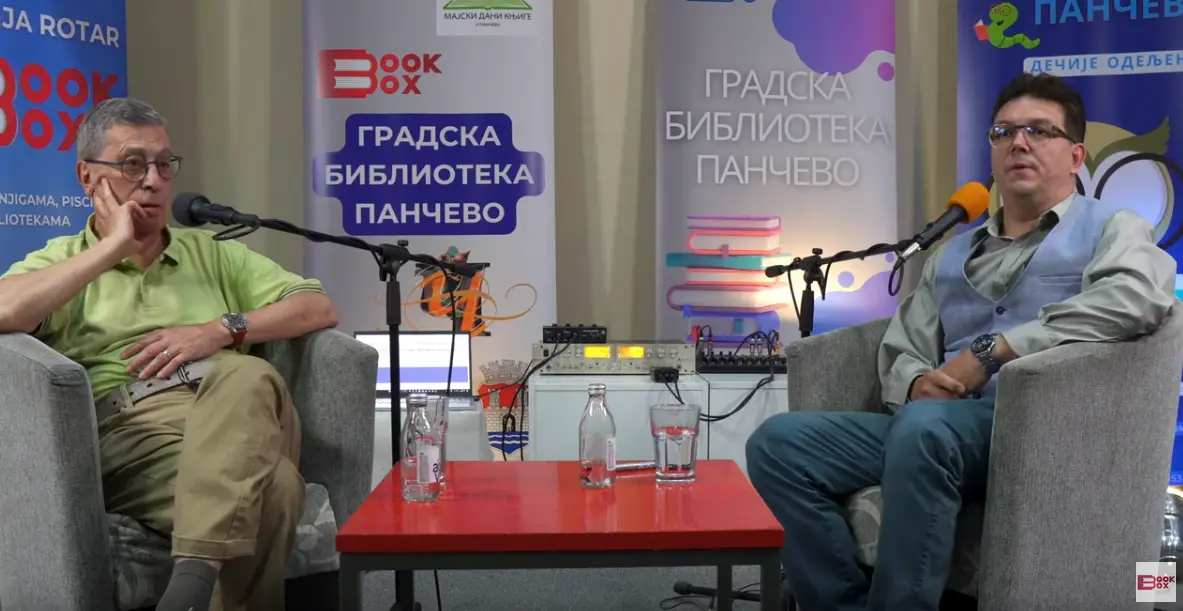Na univerzitetu Gavle u Švedskoj objavljena je magistarska teza Jelene i Gordana Zdravkovića na temu „Poslovni model elektronske knjige“. Za ogledni model poslužio je roman „Unikat“ Milorada Pavića. Ovde možete naći odgovarajući deo tog magistarskog rada:
An e-Book Business Model
Jelena Zdravković, Gordan Zdravković
Milorad Pavić is one of the greatest Serbian authors, with high international reputation. Mr. Pavić has publishers in 40 countries and editions in 30 languages, with the biggest sales in Russia and USA. His famous novel, ”Dictionary of the Khazars“, is internationally recognized as a masterpiece of non-linear writing. The novel has, in addition to the paper version, multimedia electronic edition on CD (since 1996). Beside that, the author has published couple of short nonlinear stories exclusively on the Internet. The latest novel called “Unique Item“ (with subtitle “Delta Novel”) belongs to the thriller genre, with a love story, having approximately 170 pages (A5). The novel has 100 different endings, meaning that every one of 100 paper copies is different. The first paper edition is published in Serbia in March 2004 and it is being translated to English, Russian and Spanish at the moment. In this section, we provide a solution for electronic edition(s) of “Unique Item”, based on the novel properties and our research on e-books.
Particularity of “Unique Item” is 100 different endings, while only one appears in each paper book. It makes an electronic edition containing all different endings an excellent complement to the paper book, as it is expected that many readers would be curios to read more than just one ending. In addition to the collection of all endings, the basic electronic version should contain the author’s welcome audio message and text in two languages, where one is always going to be original (Serbian, in this case). The original language is important to bilingual readers, as it gives opportunity for reading on author’s language. The feature does not generate extra production costs. This is especially interesting in this case, knowing that the author is particularly popular among generations where many have emigrated from Serbia in last 15 years. Those readers use mainly the Internet to preserve links with their homeland and will easier obtain the electronic than the paper version. This e-book would be downloadable (pay-per-download) and customers would have right to print unlimited number of pages. As discussed before, it is not likely to be attractive to print all 170 pages + endings if the paper book exists on the market. However, printing different endings for those who have paper book could be very interesting. The basic electronic version should be distributed over the Internet main three e-book reader standards (Section 2.2.2), to reflect current situation on e-book reader market.
Another version would be a multimedia e-book that includes content from the basic version, reach multimedia interface, up-to-date book reviews and video interview with the author. This version would be ordered via a web page with the customization possibility. A customer could have options to include audio version(s) and/or to order e-book as a product (on a CD/DVD), instead of downloading it. For the last option, we suggest a deal with national e-distributors or online bookstores to download and burn CDs “on-demand”, when a customer orders one. The customer would be charged for the service together with last mile shipping. As in the basic version, the customer could print out as much text as he/she wants. The customer would have right to make one copy (for personal use) and two installations at the same time.
The author has history in electronic publishing that is rare to find: a multimedia novel, nonlinear stories, and now, a delta-novel. This, together with numerous classical novels and stories, provides the excellent opportunity to offer an e-book device with full collection of the author’s work. This would be a real book collection utilizing all advantages of e-book device edition: collection of works on the small space, reading experience closest to a paper book and customer rights on device (and included content) as for paper books. At the same time, the device would provide better copyrights protection than any other electronic edition. Having e-book distributed with the pre-packaged content is more attractive to the customer. He/she would easier decide to pay for a device if having a concrete content to use. At the same time, the cost of the device could be merged with the value of the collection. We suggest distribution through both e-book device channels (in partnership with device distributors) and through online book retailers.
As the author has well-known name, there is no need to use self-publishing or vanity-publishing models (Section 2.3.2). The author could make royalty-based contract with an electronic publisher. What we suggest is that e-publisher should have global rights (not country based) on electronic edition, as it reflects properties of Internet commerce. The contract should be time-limited. The e-publisher would distribute the e-book through the most prominent national and international online bookstores, as well as through the e-distributors that supply libraries. The suggested pricing model for libraries would be pay-per-view, as it is in Sweden at the moment.
As e-book is seen as a complement to paper book, we suggest broad partnership among e-publisher, traditional publishers and the author. This kind of value-network would provide re-use of services and material (editing, translating, illustrations, etc.), effective share of feedback data, common customer relationship management, and orchestrated marketing. For instance, the e-publisher should ensure not to allow POD distribution to the markets where traditional publishers exist. Otherwise, it would be very easy to use the Internet for ordering POD book to a country where traditional publisher exists.
Although POD is usually associated to out-of-print editions or self-publishers, we believe this form is very interesting for authors that are popular in certain markets but have difficulties to find prominent publishers on others. POD could be used thus to provide paper books on new markets, to attract readers and publishers attention. In case of good sales results, local traditional publishers would join the network and provide economic paper books in bookstore chains. POD book would belong to same e-publisher, who distributes them to the markets where traditional publishers do not exist.






